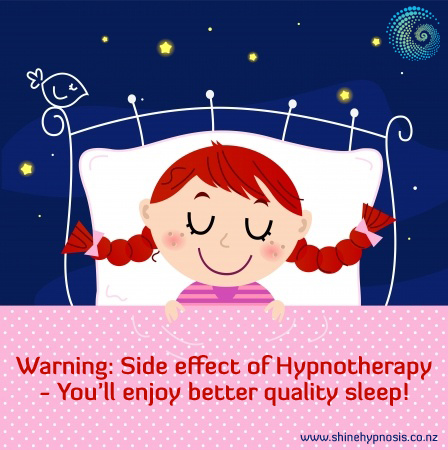
To
release the hormones involved with dropping off to sleep your brain needs to
feel relaxed.
We are wired for survival, and this can
sometimes prevent us from sleeping
This
has been great for our evolution, because it wouldn’t have been very useful to
human survival if our ancestors were able to easily drop off to sleep when
there was a predatory tiger prowling around the cave.
Unfortunately,
worrying about deadlines or what we have to do the next day is no different to
the prowling tiger in terms of how our brain works. The function of our brain’s
protective limbic system is to interpret everything coming through our senses,
including our thoughts, as either “safe” or “threat” – and if it’s the latter
it sends signals that trigger the sympathetic nervous system’s fight or flight
response. So despite our evolution from cavemen, the primitive part of
our brain still prevents us from sleeping even when the danger isn’t real.
In
contrast to the fight or flight response we have a “relaxation response”
activated through the parasympathetic nervous system which returns our bodies
to balance.
We can deliberately activate this restorative
mechanism through deep relaxation
And
when we are relaxed the sleep-inducing chemicals help our brain to become more
and more sleepy, and we gradually drop off to sleep. Worrying or even
excitement (anyone with kids on Christmas Eve can probably attest to this) can
hinder this process as it triggers the sympathetic nervous system.
Not feeling sleepy ?…Hypnosis helps you
relax and improves the quality of your sleep
You
can learn to elicit this relaxation response, helping your brain to feel safe
and to release sleep-inducing hormones, with hypnotic relaxation.
Hypnotherapy has been proven to help you enjoy a much deeper and better quality
of sleep (Cordi et al, 2014), and to dramatically improve sleep patterns
(Patching, 2012).
You
can also trick your brain into feeling sleepy by turning your thoughts into a
slow sleepy voice and by yawning, because these give our mind patterns that we
associate with sleep. Yawning, like smiling, is contagious -if you’re not
convinced, check out this funny
video and try not to yawn!!
So
if you want to fall into a lovely deep sleep more easily tonight, remember that
anxious thoughts or thinking about your ‘to do’ list will be interpreted by
your brain as no different to that tiger prowling around the cave.
So…..relax, turn those inner thoughts into a sloooow sleeeepy voice, and * yawn* .
References
Cordi,
M.J., Schlarb, A.A., & Rasch, B. (2014) Deepening Sleep by Hypnotic
Suggestion. Sleep Journal. 37(6) pp1143-1152
Patching, A. (2012) You can sleep better. Revray Pty, Australia
